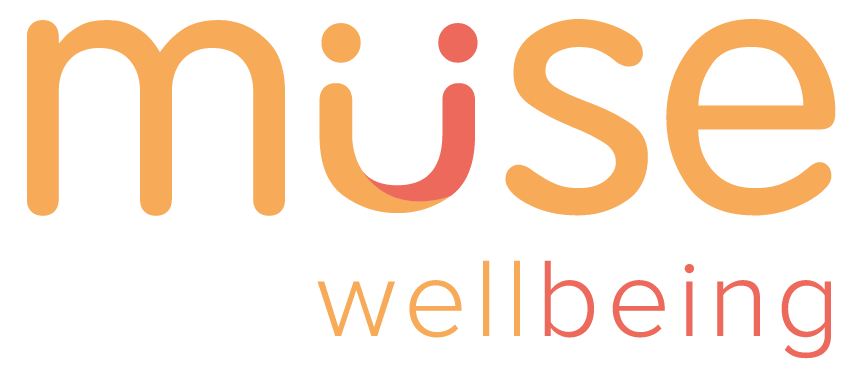Why is PSHE Important in Primary Schools?

Charlotte is an experienced educator working in mainstream and SEN schools in northern England. She loves all things about reading!.

Paul trained in the US and now teaches KS2 in London primary schools. Dedicated to engaging lessons, he brings creativity to the classroom.
Why is PSHE Important in Primary Schools?
PSHE is often overlooked, whether it’s sidetracked to complete that unfinished maths section or missed to make room for one more nativity rehearsal before the big day. Perhaps this happens because the curriculum is more flexible, requiring greater input from schools, or due to a lack of confidence from teachers. But should it really be seen as less important than core subjects like English and maths? What can children learn from PSHE that other subjects can’t offer them?
Nurturing a Culture of Respect
PSHE is crucial for schools in order to develop a school culture of respect, where students value one another and celebrate the differences that make us unique individuals. Fostering this inclusive culture benefits children as it not only creates a healthy and happy learning environment to learn within, it sets children up for a successful working life, where they will work with a variety of people from different walks of life and experiences. Showing respect to those around them will benefit children long after their knowledge of pythagoras’ theorem will serve them.
Understanding Emotions
Thoughts and feelings can feel like a minefield to anyone, let alone a child who is still developing and discovering who they are. Topics within PSHE help children to understand what their feelings might mean, what their triggers are, and how to control their emotions and express them in a suitable way. Crucially, PSHE also exposes children to emotions that they may have not even experienced yet, allowing them to identify feelings when they do crop up.
Sharing Feelings
Aside from providing understanding of our emotions, PSHE at its core promotes open conversations about topics that have traditionally not been spoken about. From mental health, to addiction and finances, these topics that were previously taboo are now part of our curriculum, encouraging us to talk openly and seek help where necessary.
This can also be hugely important for children who may be experiencing abuse or mistreatment at home. Through PSHE, children learn how to share their feelings, and in turn, this may make it easier for them to open up and ask for help. Indeed, it’s not enough for children just to recognise that they are being abused; they also need to know how to stop it (for which getting help is integral).
Teaching Principles of Consent
Even from a young age, teaching the principles of consent is vitally important to ensure that all children can recognise potentially dangerous or abusive situations. Unfortunately, many cases of child abuse continue because the child may not recognise what they are experiencing. Teaching children the principles of consent can give them the knowledge to recognise what is happening and the confidence to speak up. It also serves to teach children how to seek consent for any relationships they may have in their lifetime.
Outlining the Principles of Puberty
Puberty can be a confusing and potentially isolating time for many children. Through educating children about puberty and providing them with information about how they can expect their body to change, it can give reassurance at a very unnerving time. Particularly for girls who will need to navigate menstruation and menstruation products, this education can make the whole experience less intimidating and more manageable. Much of the more detailed lessons and learning focusing on puberty comes in Lower Key Stage 2 and Upper Key Stage 2 classes.
Final Thoughts
PSHE is a subject often not considered essential by schools and teachers, because it does not bear the same weighting from the government and society as the core subjects. Curriculums, jobs and technology will change, but the need to be resilient, compassionate and respectful human beings will always remain. It is these skills that allow children to flourish academically and in their personal life, and become as happy as they can be.
With so much riding on this education, teachers want to make certain that they are providing the best teaching they can. This is where Muse Wellbeing comes in, with countless free resources for primary school teachers across the country, including pre-made PSHE curriculums and plenty of extra learning tools, to help ensure you have everything you need to make classes fun, informative, and inspiring for your students.
Muse Wellbeing
Subscribe for RSHE & Wellbeing Updates & Learning Resources

Copyright © 2026 Muse | All Rights Reserved.
Would you like to logout of Muse Wellbeing?


